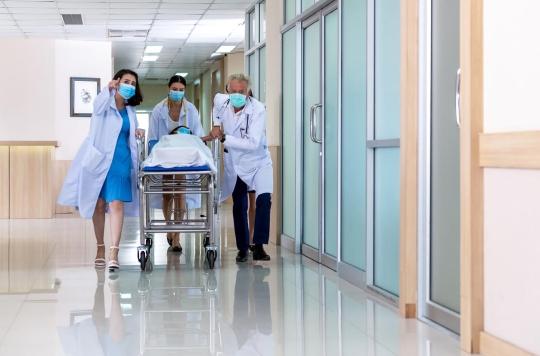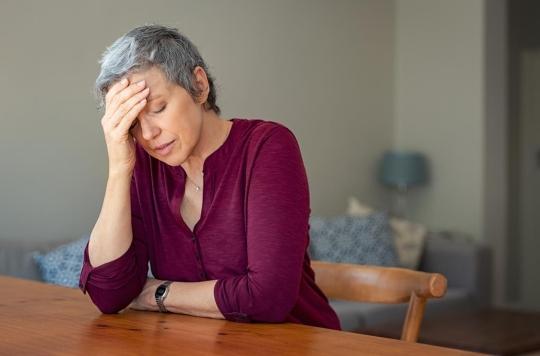Access to healthcare is still uneven on French territory. The crisis and income disparities partly explain this phenomenon according to the National Observatory on Poverty and Social Exclusion.
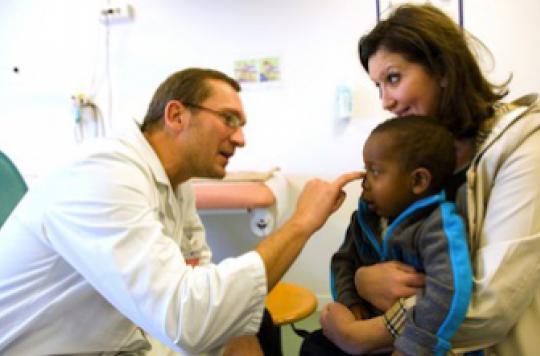
This is not a surprise to anyone, the economic crisis has widened inequalities since 2008. And we are not talking here only of income inequalities, but also of inequalities in access to care. In its 2013/2014 report, the National Poverty and Social Exclusion Observatory (ONPES) indeed underlines a real heterogeneity in this area, a consequence of the crisis which affects the least well-off households.
Waivers of care
Over the past five years, access to healthcare has deteriorated, since each year, a quarter of French people give up seeking treatment for lack of financial means. However, the renunciation of care does not concern all French people, and varies according to income. Thus, among people earning less than 876 euros per month, 25% of them decided, during 2011, not to seek treatment, against 7% of people belonging to the fifth standard of living quintile. (the better-off).
Family structure and gender can also influence the decision to forgo care. ONPES notes that this is the case for 24.6% of single-parent families and 18.4% of women, against 11.5% of single men.
Persistent refusal of CMU patients by doctors
At the same time, the number of beneficiaries of medical care assistance, such as universal health coverage (CMU and CMU-C) or complementary health assistance (ACS) has increased since the start of the crisis. These aids, which make it possible not to have to assume part of the expenses not reimbursed by social security, aim to improve access to healthcare for the most vulnerable populations. In 2012, more than 2.1 million people benefited from CMU, an increase of more than 47% since 2008. A social shock absorber which has not, however, prevented the increase in the dropouts of care.

But the report also highlights an important problem, that of the growing refusal of certain doctors to grant an appointment to one of these beneficiaries. In 2009, in the Paris region, a quarter of these patients were refused treatment. This rate rises to over 30% for dental care and 40% for gynecological care. These are all factors that contribute to increasing inequalities.
Warnings from “Médecins du Monde”
ONPES also explains that these inequalities in access to healthcare have also been denounced by the Médecins du Monde association, which has seen attendance at its French centers increase significantly since the start of the crisis. They welcomed more than 30,000 people in 2012, 43% of whom should have been treated earlier.
A growth in inequalities which implies real action on the part of the public authorities at European level, according to ONPES. In 2010, the European Union had drawn up a plan to fight against poverty, the objective of which, to bring 20 million people above the poverty line by 2020, will not be reached. The report recommends that the European Union, with its new powers of budgetary coordination, become more involved in the definition of social policies, whether in education, work or health.
.









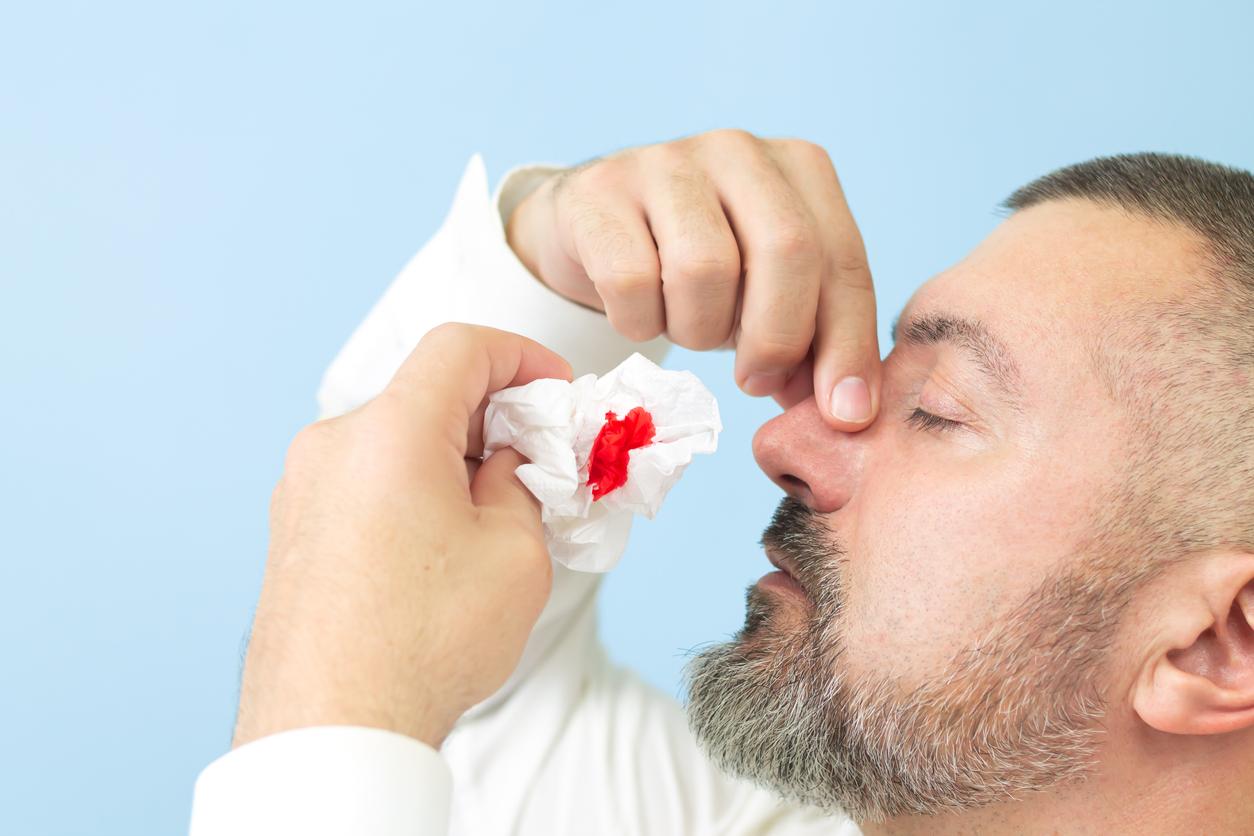

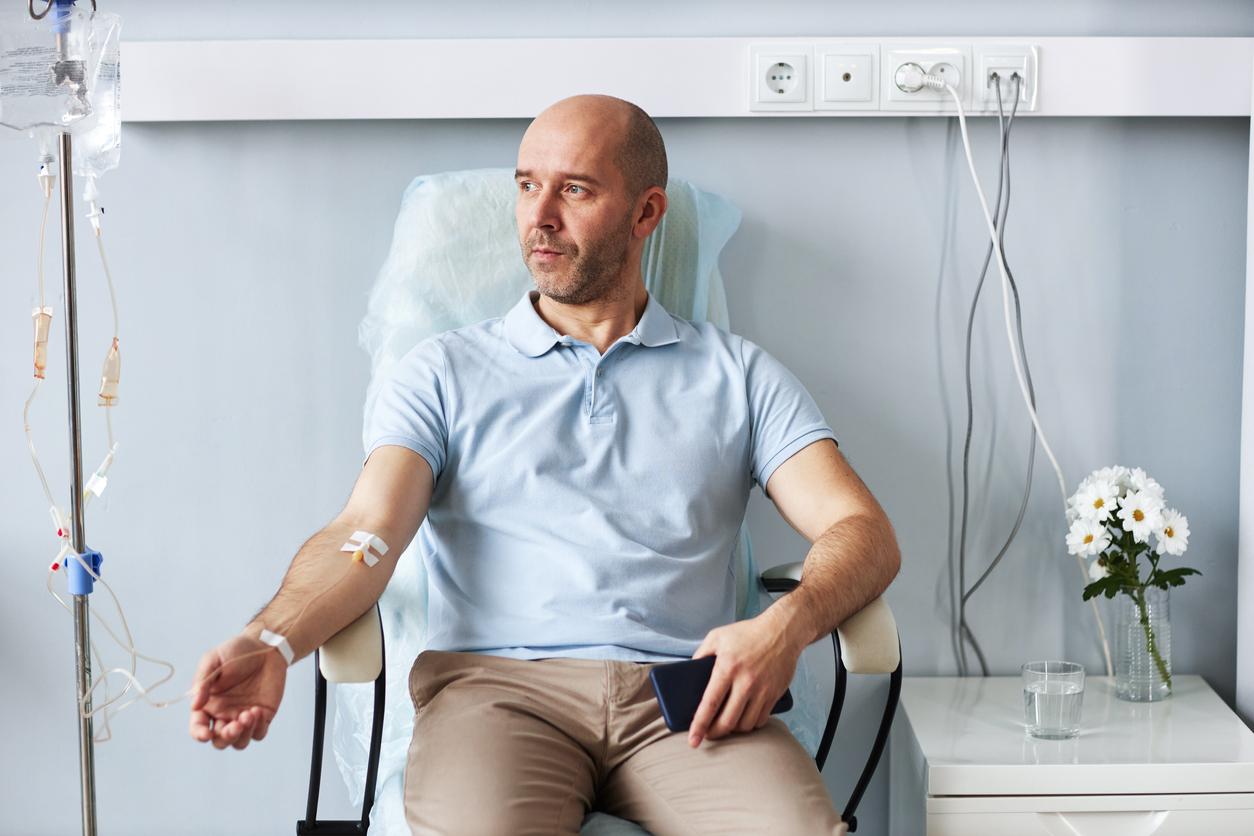


-1683974901.jpg)

